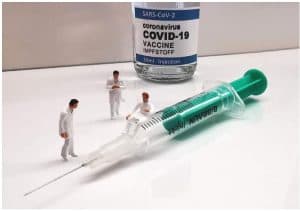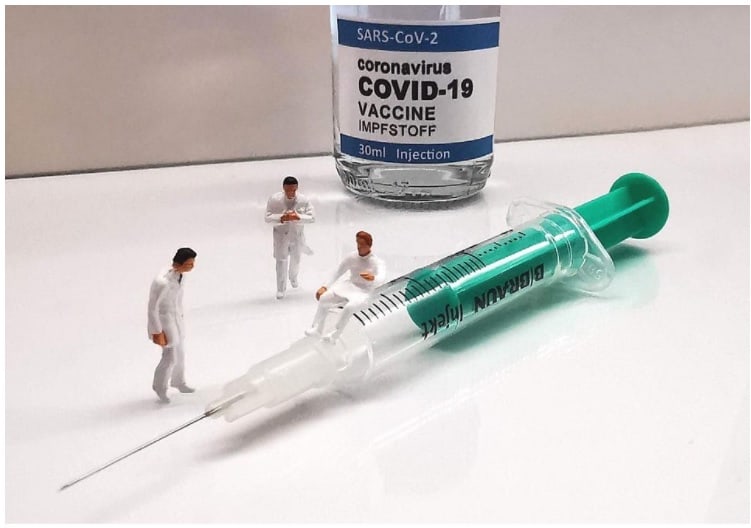
One of the many things the COVID-19 crisis taught the world was the importance of pop-up clinics. These mobile clinics are run by doctors, nurses and volunteers and set up temporarily in publicly accessible spaces (such as parking lots, churches, schools, etc.). With the mass testing and vaccination for COVID-19, these spaces were essential to avoid overloading hospitals and medical clinics with large numbers of people in the same place.
Certain seasons of the year, like flu season, may also require setting up pop-up clinics. This can help your clinic serve a larger population. There are several key steps to efficiently set up the clinic and ensure the safety and health of everyone.
Hire Temporary Staff
It will be difficult to handle the in-office patients and the pop-up location clinic with current staff numbers at peak times. You can easily solve this by talking to other clinics in the neighborhood to see if they have extra team members or even hiring temporary staff (like travel nurses).
Among the team’s responsibilities are:
- Be prepared to handle a large number of patients quickly
- Have the ability to handle and administer vaccines in a limited period of time
- Promote patient and staff safety by ensuring all sanitary rules
- Training in first aid and emergency practices
During the hiring process, be very specific about the hourly rate and give specific job descriptions so that all are on the same page. Remember that temporary staff must also receive minimal training to be able to answer basic procedural questions. They should also understand how your clinic operates on a daily basis.
Implement a Template
The idea behind the pop-up clinic is to speed up services and meet the increased demand. But imagine the scene: dozens of patients arriving at the same time and forcing your sometimes inexperienced staff to locate and open each one’s chart, order a vaccine, administer the shot, and submit charges to the billing office all at the same time.
In these cases, you can speed things up by implementing a flu shot template, which keeps the entire team connected and improves the workflow. Some of the benefits of digitizing the process include:
- Professionals can filter by provider schedules
- The charge for vaccine and administration fees is automatically submitted
- Allows the team to track immunization inventory easily
- It’s possible to set administration and billing defaults for pediatrics, adults, and Medicare patients
- Visual statistics and reports that are easy to understand
Designate a Supervisor
Even though it is a temporary clinic, a pop-up clinic still needs a supervisor. When assembling the team that will work there, identify the roles and responsibilities for each position. Even though one staff member can perform multiple tasks in small clinics, it’s important to designate one or more trusted members to be coordinators/supervisors.
The supervisor will be responsible for the following operations:
- Administration services (data management, logistics, finance, etc.)
- Ensure local infection control measures
- Handle post-clinical reports and records of administered vaccines
- Ensure the purchase, storage, and proper handling of vaccines
To make sure everyone is prepared and following guidelines, review all of the CDC rules for pop-up clinics.
Consider Temperature
Different vaccines require different ways of handling. Some vaccines and medicines need to be kept at a certain temperature (refrigerated and frozen vaccines, for example), requiring you to ensure the pop-up clinic has adequate equipment to accommodate temperature changes and avoid waste. Although the supervisor you choose has the responsibility to manage these processes, maintaining good storage and handling practices is an obligation for all employees.
You Call the Shots
COVID-19 showed the world that it’s necessary to have responsible practices for tests and vaccination on a large scale. This is often challenging to do in hospitals and medical clinics without drastically changing their routine. That’s why pop-up clinics are a viable alternative to decentralize healthcare and ensure your clinic can handle other cases and emergencies without becoming overwhelmed.
In addition to making life easier for you and your staff, pop-up clinics also play an important social role, helping to promote equity in health and bringing medical care to places that are often unattended in the community. Proper planning and technology will make it easier to serve these populations. Remember that you call the shots and can help everything run as smoothly as possible.
